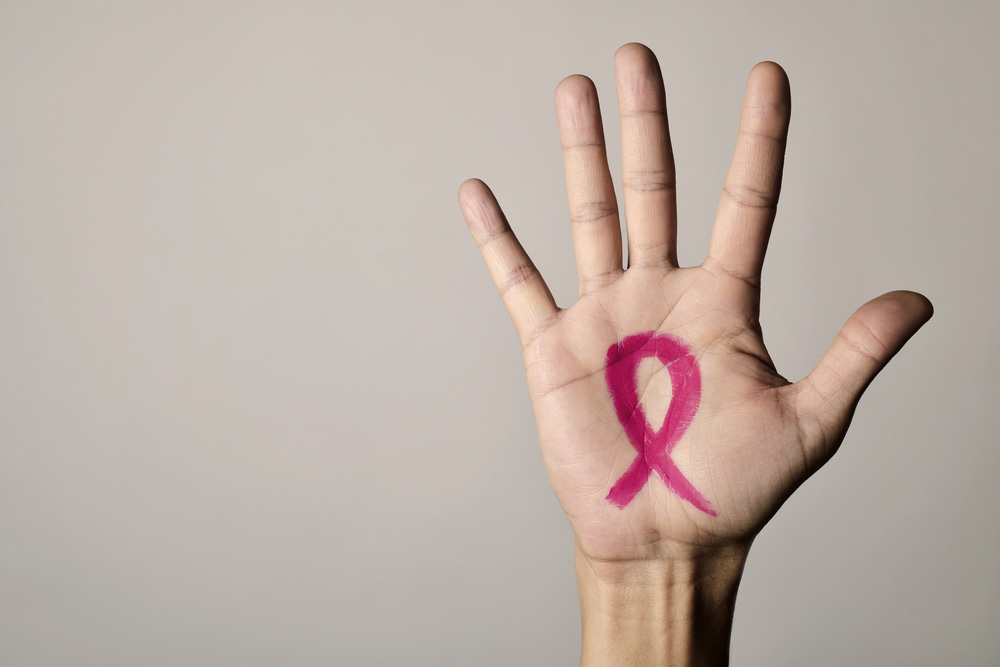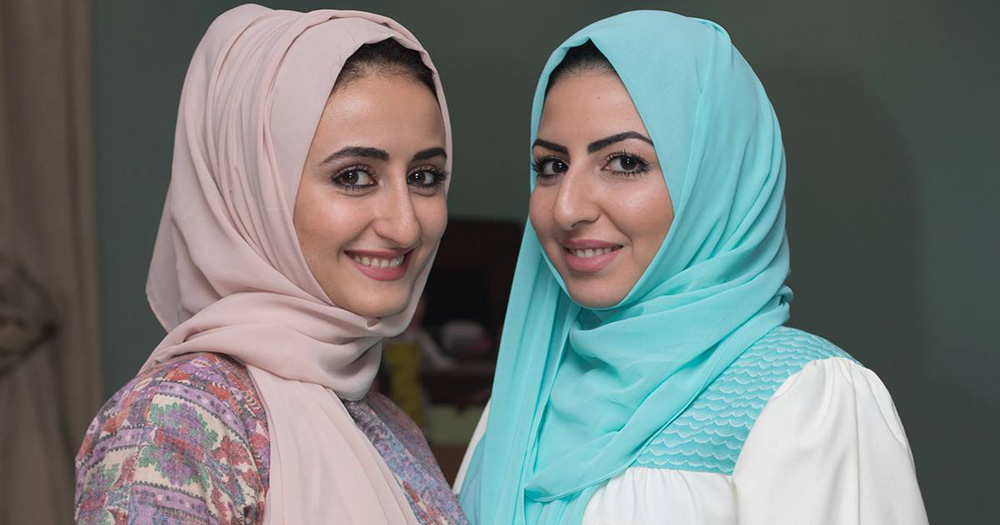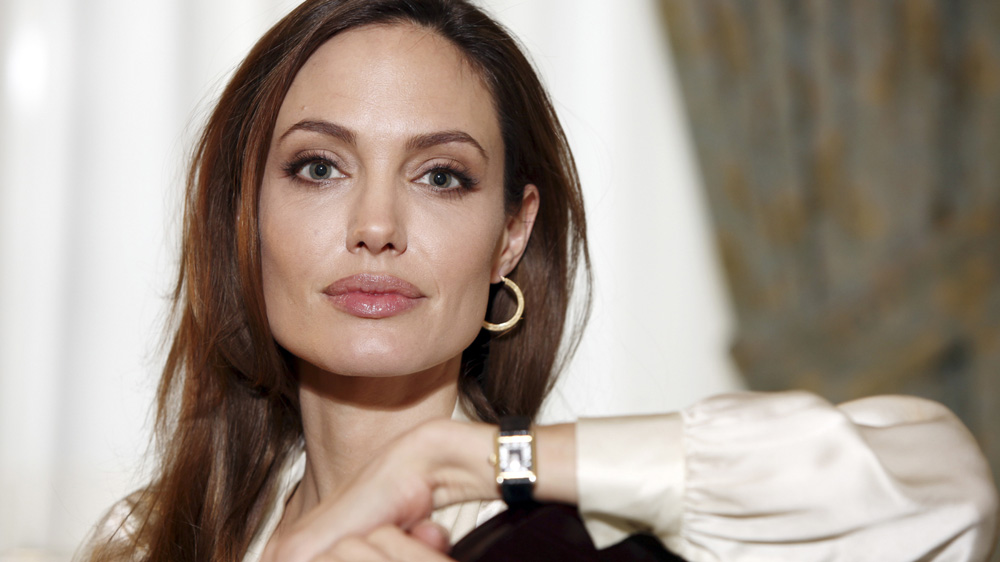
For those not familiar with the term “cancer previvor”, it is a word used to refer to individuals who are survivors of a predisposition, or likely to come face to face with cancer, but haven’t had the disease. This includes those may carry a hereditary mutation of the cancer cells, a family history of cancer, or other external factors. The term “previvor” applies to people that have their own specific concerns that are different from those already diagnosed with cancer.

A perfect example of previvors are Saudi sisters who were at great risk of breast cancer and took preventative steps to avoid the disease. Reem and Rana Hajjar, and their third sister had lived through an experience which encouraged them to make the decision to undergo a prophylactic mastectomy, which is an elective operation to remove the breasts so that the risk of breast cancer is reduced.
After their mother, Safinaz Sandi, had suffered breast cancer twice, upon the advice of a doctor, the three sisters got tested for the genetic genes behind breast cancer. Their mother, stated in an interview that she had previously refused performing the gene testing as she was afraid of what the results may be but after suffering breast cancer for the second time in 2015, she changed her mind and supported her three daughters in their decision.
Avoiding all risks, they continue to be tested every three months. Four months after receiving their test results, each sister opted to get the preventative surgery, reducing their risk of getting the cancer from 87% to just 10%.
With much support from their family, including their mother, a cancer survivor, the Hajjars, who were university students at the time, had intensively researched the surgical procedure and advised those who planned to test for the cancerous genes to be courageous and consider undergoing prophylactic mastectomy if required.

Just like the Hajjar sisters, Hollywood starlet, Angelina Jolie announced that she had undergone a preventative double mastectomy in 2013. The actress also has a family history of breast cancer with her mother having fought breast cancer and eventually dying of ovarian cancer at the relatively young age of 56. Jolie revealed that she had a gene mutation in the hereditary breast cancer risk gene BRCA1, placing her in a high-risk group for developing breast cancer in the future, which drove her to go ahead with the surgery.
Since their surgeries, the Hajjars have gone on to marry and have healthy children. In May 2017, all three became advocates and co-founders of Saudi Previvor, a social media group that advocates hereditary breast and ovarian cancer awareness, and started support groups for BRCA patients.
















